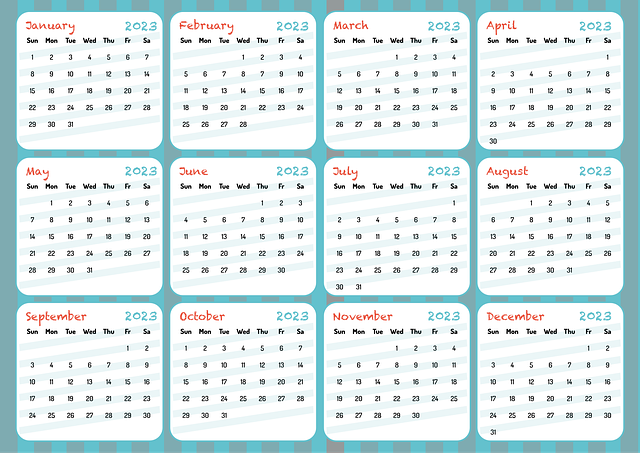Engaging with the local business community is vital for successful event planning (Event Planning for Local Businesses). By collaborating with nearby businesses, chambers of commerce, and community organizations, planners can identify shared needs and create events catering to both business and residents. This collaborative approach boosts participation, strengthens community bonds, and provides mutual benefits. Key steps include identifying the right partners, understanding target audiences through demographics and interests, and curating tailored events. Building strong relationships with local leaders and organizations unlocks resources, venues, and cross-promotion opportunities, fostering inclusive and impactful events.
“Unleash the power of community engagement! This comprehensive guide, tailored for local businesses, offers a roadmap to seamlessly organize transformative events. By understanding your dynamic local business community, leveraging tech-driven solutions for event planning, and implementing strategic promotion, you can create meaningful connections. From identifying key partners to measuring success, each step ensures memorable experiences that foster growth. Discover how Event Planning for Local Businesses can be streamlined, making every gathering a highlight.”
- Understanding Your Local Business Community
- – Identifying potential event partners and target audiences
- – Building relationships with local community leaders and organizations
Understanding Your Local Business Community

Understanding your local business community is a key component of successful event planning. By engaging with nearby businesses, you can identify shared interests, goals, and challenges, which can inform the type of events that will resonate most with attendees. Many local businesses are eager to support community initiatives and see them as valuable opportunities for networking, brand exposure, and fostering customer loyalty.
Event planners can leverage this collective enthusiasm by collaborating with local business owners, chambers of commerce, and community organizations to create events that cater to the unique needs and interests of both businesses and residents. This collaborative approach not only enhances event participation but also strengthens the overall sense of community, making it a win-win scenario for all involved parties in Event Planning for Local Businesses.
– Identifying potential event partners and target audiences

Identifying the right event partners and understanding your target audience are pivotal steps in successful community event organization, especially for local businesses looking to enhance their engagement. Event planning for local businesses should begin by researching and connecting with potential sponsors, vendors, and community organizations that align with their brand and values. These partnerships not only provide financial support but also attract a diverse range of attendees, enriching the event experience.
When defining target audiences, it’s essential to consider demographics, interests, and behaviors. Local businesses can leverage this knowledge to craft events tailored to specific groups, ensuring higher attendance and participation. For instance, a coffee shop might partner with a local art collective to host an afternoon of live music and art exhibitions, attracting music lovers and art enthusiasts alike. By carefully curating these relationships and focusing on audience segmentation, event organizers can create memorable gatherings that foster community connections.
– Building relationships with local community leaders and organizations

Building strong relationships with local community leaders and organizations is a cornerstone of successful event planning for local businesses. These connections open doors to resources, venues, and support that can significantly enhance event effectiveness. By fostering partnerships, event planners can leverage existing networks, ensuring accessibility and affordability for their initiatives. This collaborative approach not only streamlines the planning process but also creates a sense of community and shared purpose among participants.
Local businesses benefit from engaging with community leaders who possess deep insights into local needs and preferences. These interactions enable event organizers to tailor activities that resonate with attendees, fostering a positive and inclusive environment. Additionally, collaborating with organizations can lead to cross-promotion opportunities, amplifying the reach and impact of events while strengthening community bonds.
Community events are a powerful tool for local businesses to connect, engage, and grow. By understanding your business community, identifying key partners, and building strong relationships, you can organize events that foster collaboration and create lasting impacts. Implement these strategies for event planning for local businesses, and watch as your community comes together in vibrant, meaningful ways.
